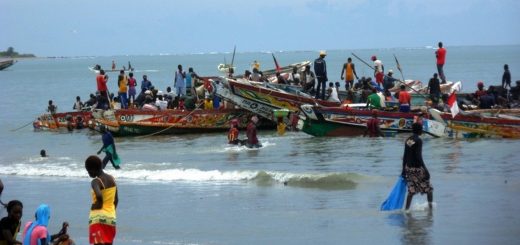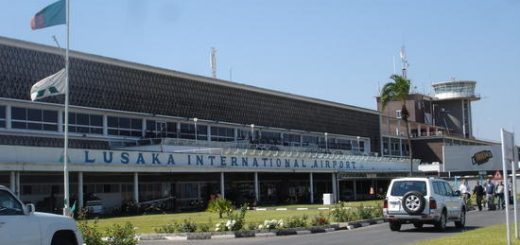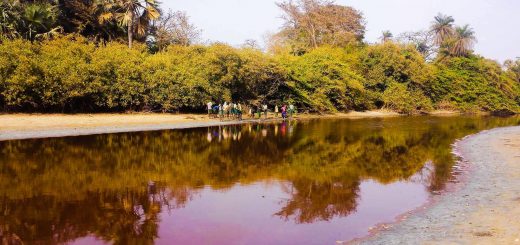No donkey could be left in Kenya in five years
Dawn was just beginning to break when Joseph Kamonjo Kariuki woke to find his donkeys missing. The villager searched the bush frantically for the animals he depends on to deliver water for a living. But they were nowhere to be found.
It was the village’s children who led Kariuki to the ghastly remains. Three bloody, severed donkey heads lying on the ground. “I was in shock,” said Kariuki, who is known in his Kenyan village of Naivasha as “Jose wa Mapunda”. “Joseph of the Donkeys” in Swahili.
The latest victims of a black market for donkey skins
Kariuki believes his donkeys were the latest victims of a black market for donkey skins. These skins are a key ingredient in a Chinese health fad. Which is threatening the beasts of burden many Africans rely on for farm work and transporting loads.
From Kenya to Burkina Faso, Egypt to Nigeria, agents are seeking to feed China’s insatiable appetite for a gelatin they call ejiao. A product made from stewed donkey skins that purports to provide health benefits.
Shrinking donkey herds in China have driven ejiao producers to seek out donkey skins from Africa. But also from Australia and South America. This is threatening the world’s donkey population and driving violent crime and protests across Africa, the activists say.
Kariuki founded a protest group “Tunza Punda Wako” or “Take Care of Your Donkey” in Swahili. They’ve picketed the abattoir in Naivasha, accusing it of driving the skin thefts.
Fourteen African governments have banned the export of donkey skins, according to the U.K.-based animal welfare group Donkey Sanctuary.
Superstitious concepts
Donkey vs. money
In response to the surging demand, state-built donkey abattoirs have sprung up in the African nations of Namibia, Tanzania, Kenya, Ethiopia and Botswana. Niger’s hide exports tripled. Botswana slaughtered 3 percent of its total donkey population in six months, according the Donkey Sanctuary.
More than 2 million of the world’s 44 million donkeys are killed for their skins every year, according to Donkey Sanctuary.
In rural parts of western Zimbabwe, there are often more donkeys than cars on the roads. Farmers like the Chingodza family are resisting market pressure to sell their donkeys, vital for farm work and transportation to the biggest nearby town, Seke, about 40 kilometers (25 miles) outside of Harare.
“I like my donkeys. They help a lot and are dear to me,” said Jeffrey Chingodza, 65, as he put a yoke on a donkey. “I won’t sell for export to Chinese abattoirs,” he said.
His son 20-year old son Tawanda, however, said surging prices are tempting.
“When you have a car and you get the first buyer saying ‘I will give you $3,000 for it and the second buyer says I will give you $6,000,’ what would you do?” Tawanda said. “I will definitely sell. All of us want money.
Source: VOA News


